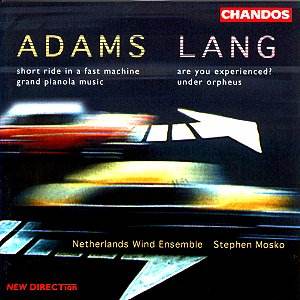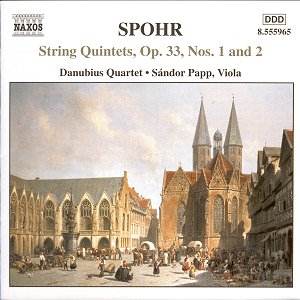 Composer: Johannes Brahms
Composer: Johannes Brahms
Works: Symphony No. 2 in D Major, Op. 73; Symphony No. 4 in E Minor, Op. 98
Performers: Concertgebouw Orchestra of Amsterdam, Willem Mengelberg (conductor)
Recording: Recorded 4/4/40 and 30/11/38, Concertgebouw, Amsterdam
Label: NAXOS Historical 8.110158
Johannes Brahms, a titan of the Romantic symphonic repertoire, crafted his symphonies with a profound understanding of orchestral color and structural integrity. The Second Symphony, often lauded for its sunny disposition, and the Fourth, a more complex and introspective work, exemplify Brahms’ capacity for lyrical beauty and dramatic depth. This Naxos release presents historical recordings conducted by Willem Mengelberg, whose long tenure with the Concertgebouw Orchestra infused these performances with a distinctive character. The recordings, dating from the late 1930s, invite listeners to explore Brahms’ symphonic landscapes through the lens of a conductor deeply attuned to the idiom.
Mengelberg’s interpretation of the Second Symphony stands out for its energetic phrasing and robust orchestral textures. The opening Allegro non troppo is delivered with a buoyancy that highlights the work’s inherent optimism. While Mengelberg does not shy away from the lyrical passages, he maintains an urgent tempo that propels the music forward. The Concertgebouw strings, renowned for their warmth and precision, are particularly effective in the serene second theme, where the violins sing with an enchanting sweetness. This contrasts with the more sinewy moments, especially in the development section, where Mengelberg’s athletic approach generates palpable excitement. The exuberant coda of the finale bursts forth with a jubilance that leaves a lasting impression.
The Fourth Symphony, recorded some 18 months earlier, showcases a different interpretative nuance from Mengelberg. The opening movement unfolds with an impressive gravitas, and the conductor’s attention to detail is evident in the nuanced dynamics that shape Brahms’ intricate counterpoint. The recording’s closer microphone placement, while creating a more intimate sound, does not compromise the clarity of the orchestral textures. The inner voices emerge with a striking clarity, allowing the listener to appreciate Brahms’ masterful orchestration. Mengelberg’s treatment of the famed passacaglia in the finale is particularly noteworthy; the intensity he brings to the “energico e passionato” marking is nothing short of electrifying. The orchestra’s collective discipline and Mengelberg’s interpretative vision coalesce to create a gripping and immersive experience.
Despite certain sonic limitations inherent in recordings of this era—occasional congestion during climactic passages—the technical achievements of the Telefunken engineers are commendable. The warmth of the Concertgebouw’s acoustics is preserved, allowing both the lyrical and dramatic qualities of Brahms’ work to shine through. Ward Marston’s remastering captures these elements while candidly addressing the challenges of the original recordings. The result is a listening experience that, while occasionally marked by the artifacts of age, remains vibrant and engaging.
The Brahms symphonies recorded by Mengelberg with the Concertgebouw Orchestra stand as significant historical documents, showcasing a conductor who not only understood the music but also the orchestra’s potential. This Naxos release is an invaluable addition to the catalog of Brahms symphonic recordings, offering insights into interpretations that continue to resonate with audiences today. For both seasoned collectors and newcomers, the disc represents a remarkable opportunity to explore the enduring legacy of Brahms through the artistry of Mengelberg and his distinguished orchestra.



